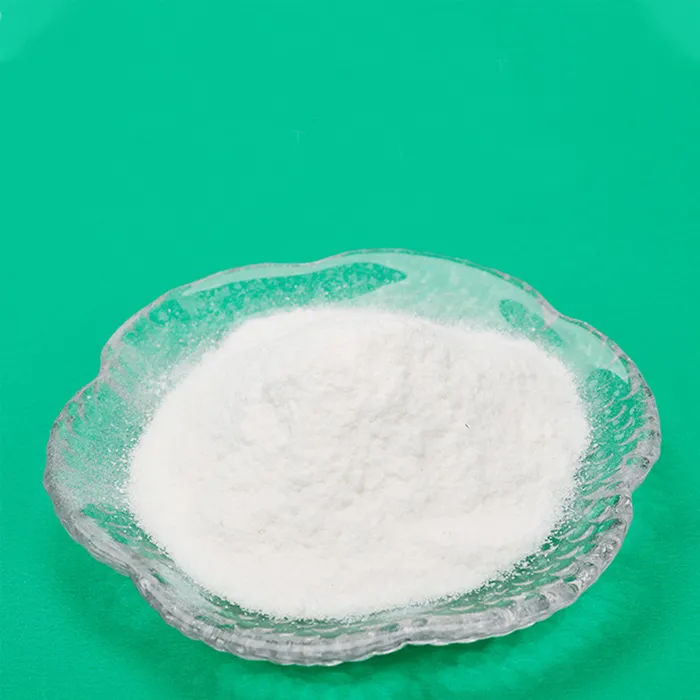Exploring the Versatility of Sulfamic Acid Applications and Benefits
Sulfamic acid, often referred to as sulfamate acid, is a versatile compound with significant applications across various industries
. As a sulfamic acid, it is characterized by the presence of the sulfamate group, which consists of sulfur, nitrogen, and oxygen. Its unique chemical properties make it an important substance for both commercial and industrial uses.Chemical Structure and Properties
Sulfamic acid has a chemical formula of H3NSO3, indicating that it contains one nitrogen atom, one sulfur atom, and three oxygen atoms. Structurally, it can be considered as a derivative of sulfuric acid, with one of the hydroxyl groups replaced by an amine group. This modification imparts unique characteristics, making sulfamic acid a strong acid with excellent solubility in water.
One of the most notable properties of sulfamic acid is its stability. Unlike many other acids, it does not readily decompose upon heating, making it suitable for a wide range of applications that require thermal endurance. Its low toxicity and corrosiveness compared to other strong acids also make it a preferred choice in various formulations.
Industrial Applications
Sulfamic acid finds extensive use in the industrial sector, particularly in cleaning and descaling applications. It is a powerful descaling agent that effectively removes limescale, rust, and other mineral deposits from surfaces. This property is particularly valuable in industries such as food processing, pharmaceuticals, and metalworking, where equipment cleanliness is paramount.
In the metal industry, sulfamic acid is often used for pickling and etching processes. It helps prepare metal surfaces for further treatments like plating or painting by ensuring an optimal level of cleanliness. Moreover, in the textile industry, sulfamic acid is involved in the dyeing process, enhancing the adherence of dyes to fabrics and ensuring vibrant colors.
sulfamate acid

Sulfamic acid is also instrumental in the synthesis of various chemical compounds. Its ability to act as a mild acid catalyst makes it useful in producing sulfamates, which are valuable intermediates in pharmaceutical manufacturing. These sulfamate derivatives are employed to create a range of drugs that treat various medical conditions.
Household and Consumer Products
In everyday life, sulfamic acid can be found in numerous household cleaning products. Its effectiveness in breaking down tough stains, grease, and mineral deposits makes it a popular ingredient in toilet bowl cleaners, bathroom cleaners, and other heavy-duty cleaning agents. Users appreciate the efficiency of sulfamic acid-based products, as they are typically able to cut through grime with minimal effort.
Additionally, sulfamic acid’s anti-scaling properties are harnessed in various water treatment formulations. It helps prevent the build-up of limescale in water systems, thereby maintaining efficient operation and extending the lifespan of appliances such as kettles, boilers, and water heaters.
Environmental Considerations
Sulfamic acid is often regarded as a more environmentally friendly alternative to other traditional acids. Its lower toxicity and biodegradable nature contribute to a reduced ecological footprint, especially when compared to hydrochloric acid or sulfuric acid, which can be harmful to aquatic life and ecosystems. As industries strive to adopt greener practices, sulfamic acid’s relatively safer profile positions it as a leading choice for sustainable chemical solutions.
Conclusion
In summary, sulfamic acid is a fundamental compound widely utilized in various industries due to its unique properties and effectiveness. From industrial cleaning and metal treatments to household cleaning products, its versatility cannot be understated. As more industries seek environmentally friendly alternatives to conventional corrosive agents, sulfamic acid will likely continue to play a crucial role in modern chemical applications. Whether in professional settings or at home, the presence of sulfamic acid is enhancing performance and improving sustainability across products and processes.

